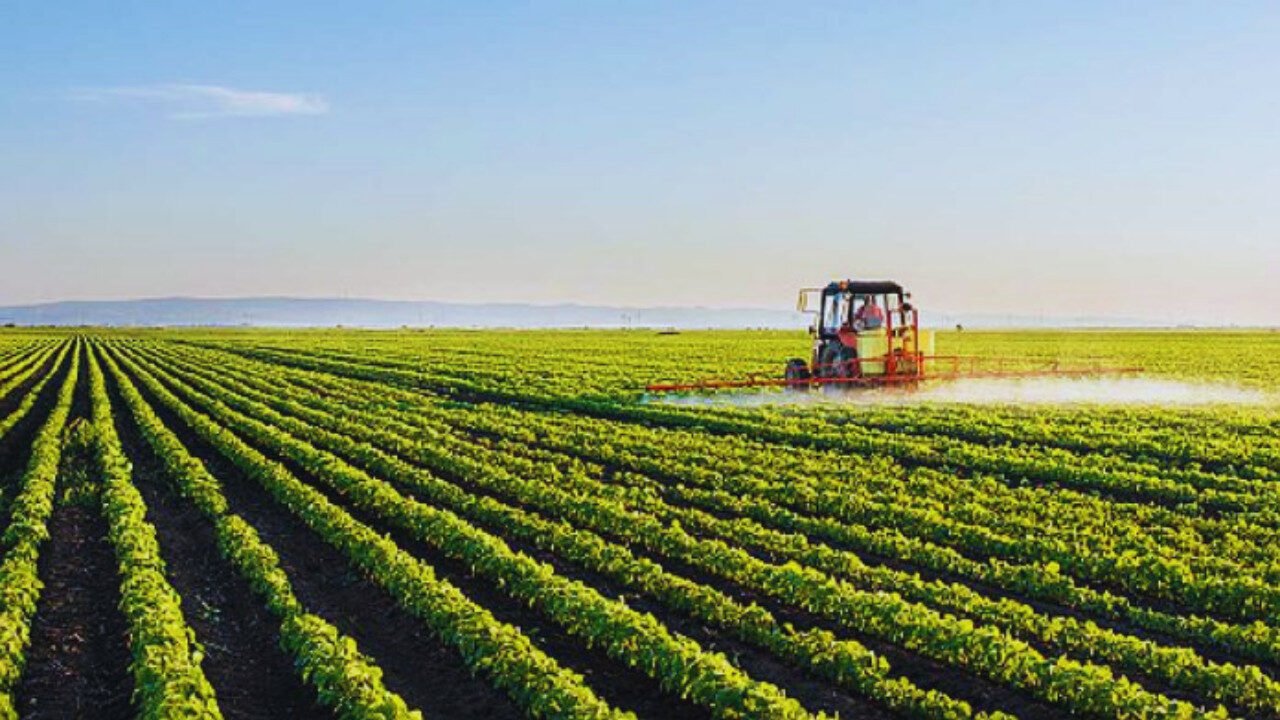By Azeem Ahmed
Pakistan’s agriculture is about to undergo a significant change. The Food and Agriculture Organisation (FAO) of the United Nations plans to support the country in updating its agriculture and food systems by focusing on digitalization, diversification, and private-sector involvement.
James Robert Okoth, Officer-in-Charge of FAO in Pakistan, explained the organization’s goals in an interview with Wealth Pakistan.
A New Approach to Farming
Okoth shared that FAO aims to move Pakistan’s agriculture from traditional methods to a more modern, integrated agri-food system. This transformation will help Pakistan face challenges from farm to plate.
Improving cooperation among farmers, food producers, and other stakeholders will ensure food is grown sustainably and remains safe and healthy for all.
He also noted that Pakistan should focus on diversifying its crops.
Currently, the country depends heavily on a few staple crops, but introducing high-value crops will not only increase farmers’ incomes but also improve the nation’s nutrition levels.
The Role of the Private Sector
A key part of FAO’s plan is to strengthen the connection between farmers and the private sector. Okoth emphasized that private companies must play an important role in linking farmers with local and global markets. This will help smallholder farmers sell their produce more effectively and increase their competitiveness.
Digital Agriculture and Food Safety
Okoth highlighted the need for digital tools like artificial intelligence (AI) and precision agriculture to help farmers increase productivity and compete with other countries.
FAO plans to push for more digitalization in Pakistan’s agricultural practices to ensure it remains competitive on the global stage.
Another major focus is food safety and quality standards. Pakistan’s agricultural exports have been rejected in some foreign markets due to high levels of aflatoxin and pesticides.
FAO aims to work with the government to improve these standards and ensure Pakistani produce is more accepted worldwide.
FAO’s Efforts to Tackle Climate Change
Okoth noted that climate change remains a serious challenge for Pakistan, especially with floods, heatwaves, and other extreme events becoming more frequent.
FAO’s projects are designed to address the impact of climate change in different provinces. For example, Balochistan faces issues with water scarcity, while Sindh and Punjab are often affected by floods.
FAO is tailoring its approach to help these regions adapt and cope with these environmental challenges.
Empowering Women and Youth
Empowering women and young people is another key aspect of FAO’s efforts. Okoth emphasized that women and youth are the future of Pakistan’s agriculture, especially in the face of climate change.
FAO’s programs focus on financial literacy and skill development for farmers, with special initiatives like Women Open Schools and Farmer Field Schools to help these groups become leaders in the agricultural industry.
A Positive Reflection on FAO’s Work in Pakistan
Reflecting on his time in Pakistan, Okoth shared that his three-year stay has been deeply rewarding.
He spoke highly of the energy, culture, and diversity of Pakistan, saying it’s a great place to work and make a positive impact.
FAO’s work in Pakistan over the years has been successful, and with these new initiatives, the organization hopes to continue improving the country’s agricultural systems for a more prosperous and sustainable future.
Author Profile
-
Azeem Ahmed is an Islamabad-based journalist specializing in agriculture, business, and economic trends.
He provides insightful analysis on market developments and policy impacts shaping Pakistan’s economy.





